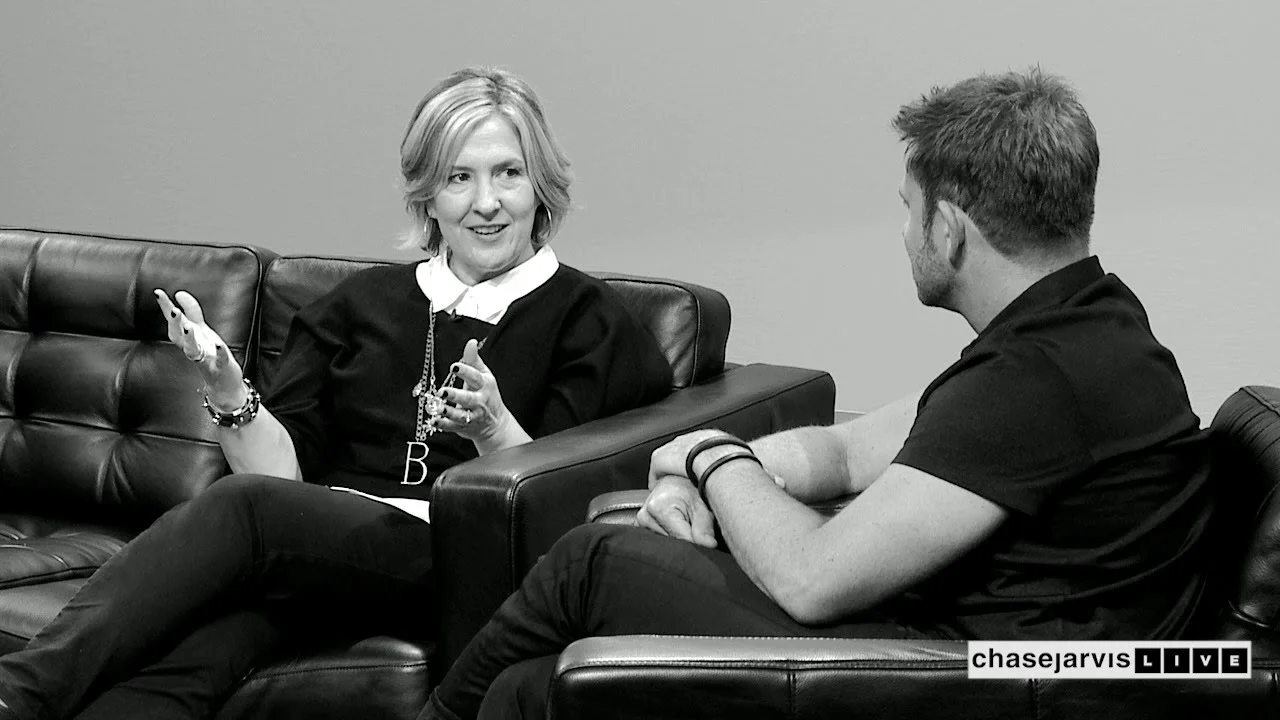“If you’ve never failed, you’ve never tried anything new.”
What defines success, or by contrast failure, for you? How do you measure it?
Is success obtaining the new promotion/job, new house, or new car? Gaining admittance to the college of your choice? Is it winning the affections of a love interest? Is it the balance in your bank account, the number of friends on Facebook, the count on your Snapchat streak, or whether you were able to go on the trip you wanted to? Is success whether you accomplished all the things on your To Do list, what your test grade is compared to classmates, or how your house sizes up against your friends and neighbors? Success means different things to different people.
What about failing your math quiz, do you consider that a success? Or getting fired from a job? Or losing the 3rd straight basketball game? Or getting dumped? How about having a close friend write you off? What about blowing up at your child? How about your child's behavioral report from school showing unruly behavior yet again - do you post that on your Facebook page? No. Of course not. And why? Because generally speaking we despise failure. In the words of Will Ferrell as Ricky Bobby, "If you're not first, you're last." We live in a society that is results oriented.
The measures of success fluctuates from one person to the next, one situation to the next. Something that is inescapable is failure. J.K. Rowling, author of one of my favorite book series, Harry Potter, said, "Some failure in life is inevitable." Listen to her truly inspiring speech about the benefits of failure. Yes, the benefits of failure.
(24 mins) J.K. Rowling delivering a powerful commencement speech to Harvard University graduates.
So if failure is truly inevitable, the differentiating factor is then, how do we choose to deal with failure? A 2014 article in Forbes, talked about having GRIT to deal with failure.
G for "Guts"...living in the moment and doing things you're afraid of.
R for "Resilience"...ability to bounce back and keep going.
I for "Initiative"...the entrepreneurial spirit to act on big ideas.
T for "Tenacity"...the stick with-it-ness.
Okay, that makes sense and maybe even sounds doable. But, what makes failure so darn difficult?!! Well for starters we often treat failure like it's the plague or leprosy. Like the kiss of death. The shame that is often connected to it is our undoing. What that translates into is our own self-judgements and internal tapes in which we are speaking negatively to ourselves about failure and what it says about us as a husband, wife, father, mother, sibling, friend employee, boss, student, athlete, musician, and so on. Or, we define our value through the eyes of others and we compare ourselves to those around us and thus fear not being good enough. In those times, the people that surround us, even those we call family and friends, can pass judgement, apply pressure, show indifference or lack of support, or perhaps even ridicule us for our under performance or failures. While they might not intentionally come from a malicious place, given their words are not a message of unconditional acceptance and support, it is often received as toxic because we desire something more to make us feel safe. Factor in that we are not all built the same way and how one person sees and communicates things works for them, but for the person they are communicating to not so much. All these conditions and more can begin to cultivate a fixed mindset. We explored "Fixed Mindset" in a previous blog entry. This is when we fear challenges, failure, criticism, and effort even to the point of not even trying in order to avoid it. This paired with our schemas and negative patterns of thinking (demands, awfulising, low frustration tolerance, self depreciation) can all sabotage us from facing failure head on and thus demonstrating GRIT.
You may be reading this as someone struggling with your own failure or the failure of a loved one, possibly a spouse, child, or friend. Working with a great number of anxious teens one of the things I hear over and over again is their fear of failure, of not being good enough. This is shame. I also hear this in adults, who have feared this since they were teens or younger. As for the teens, I then hear from parents about how they just want their child to be happy and successful and yes, loved. Within the context of an appointment that sounds all well and good and then real life happens. In the day to day, the judgements, criticisms, and rescuing occurs again. Here is a compelling article discussing the negative affect parents can have on their children. Parents (also insert spouse, friend, siblings, boss, etc.) while you may be meaning well, are you in fact undermining your child's (others) ability to handle failure by making them fearful of it? Or by saving them from ever experiencing it? If the answer is a yes to the first, then likely the goal of growth and learning is being topped by the goal of getting it right, of achieving the most desirable possible outcome. In this case the process and journey of learning and development takes a back seat and the grade at the top of the paper becomes the primary focus. The two are mutually exclusive goals. So if you are saying both, then the truth is the grade, for example, is most important to you and learning secondary. If you are saving your child from experiencing hardships or adversity out of love, you are not alone (as mentioned above, you are not coming from a malicious place). However, by doing this you are robbing your child of valuable life experience. This only serves to escalate your own anxiety and fear about whether your child is able to handle challenges when they are on their own.
The question isn't whether you will fail, because...YOU WILL FAIL. YOUR CHILD WILL FAIL. YOUR LOVED ONES WILL FAIL.
The question is, HOW ARE YOU GOING TO RESPOND TO THE FAILURE?
Another great author and person that I admire, Brene Brown, talks about failure.
CLIP (1 min) Brene Brown talks about failure.
The challenge and the call then is this...no matter the situation or context - spouse, parent/child, sibling, friend, teacher/student, boss/employee, or even with yourself can you sit with the other person in the failure and allow them to own navigating their way back across the thin line between success and failure?
“Failure gave me an inner security that I had never attained by passing examinations. Failure taught me things about myself that I could have learned no other way. I discovered that I had a strong will and more discipline than I had suspected; I also found out that I had friends whose value was truly above the price of rubies.”



